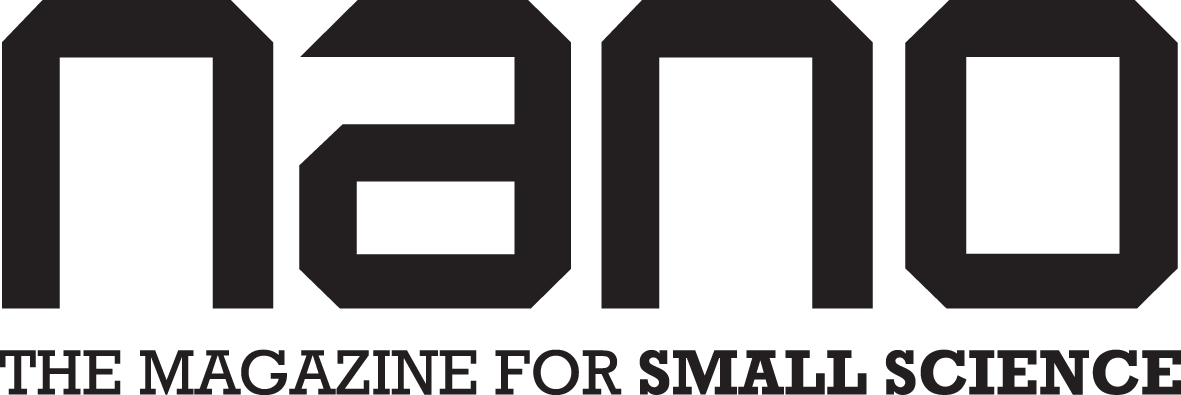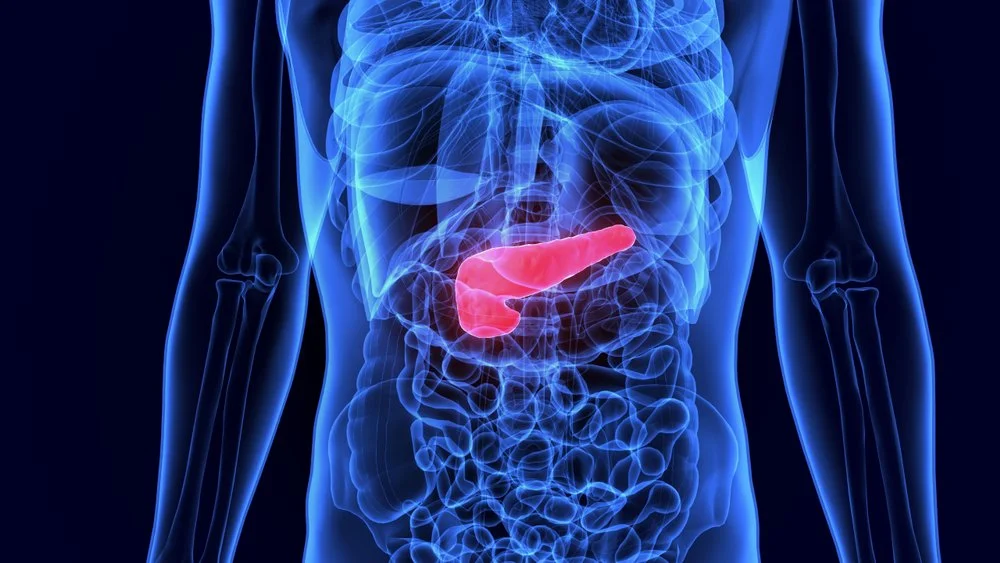The Power of AI-Generated Nanoparticles in Targeted Drug Delivery

Efficiently transporting drugs to specific locations within the human body has posed a longstanding challenge in the field of medical science. The human body is a complex and dynamic system, and delivering medications to the precise target sites where they are needed is crucial for effective treatment while minimising systemic side effects.
Artificial intelligence (AI) has emerged as a powerful tool in the design of nanoparticles that can revolutionise targeted drug delivery. This breakthrough technology holds immense potential in treating various diseases, including genetic diseases, cancer, and infectious diseases.
The application of AI in nanoparticle design allows for the rapid and efficient analysis of thousands of nanoparticle variations and the delivery of hundreds of therapeutic molecules to precisely target a wide range of diseases. This approach enables researchers to tailor nanoparticles with enhanced properties, such as improved stability, increased drug loading capacity, and enhanced cellular uptake. By optimising these crucial factors, AI-designed nanoparticles have the potential to significantly enhance the efficacy and specificity of drug delivery to diseased cells.
Innovative Solutions in Drug Delivery
The collaboration between Cardiff University and Astra Zeneca showcased how AI and machine learning can streamline the development of nanoparticles for drug delivery. By leveraging computational learning, researchers were able to design a bespoke nanoparticle that outperformed existing prototypes, paving the way for accelerated drug delivery advancements.
Professor Arwyn T Jones from Cardiff University's School of Pharmacy and Pharmaceutical Sciences said, “By taking these drug molecules to the right location in the body, the nanoparticles can help to treat several different diseases”
By enabling targeted delivery of medications to specific sites, nanoparticles offer improved treatment efficacy, reduced side effects, and the potential to address multiple diseases. This breakthrough has the potential to transform the field of pharmaceutical sciences and significantly enhance patient care.
Revolutionary Approaches
Several notable nanotech companies and research organisations are at the forefront of innovative advancements in this field. For example, Accurins® represent a remarkable leap forward in precision-based medicine. By leveraging advanced technology and a programmable approach, these therapeutics seek out and bind to targeted cells or tissues, boosting treatment effectiveness while minimising potential side effects.
The ability to deliver therapeutic payloads with pinpoint accuracy has the potential to revolutionise disease management and patient outcomes. In 2013, they successfully raised over $70 million through an initial public offering (IPO), showcasing the industry's confidence in their nanomedicine platform.
Barriers to Entry
AI-driven nanoparticle drug delivery holds immense promise for revolutionising healthcare by enhancing targeted drug delivery and improving treatment outcomes. However, several barriers currently impede its widespread adoption.
Regulatory approvals pose a challenge as new technologies require rigorous evaluation to ensure safety and efficacy. Establishing clear regulatory frameworks specific to AI-driven nanoparticle drug delivery is crucial to navigating the approval process. Second, scaling up production is a significant hurdle. While AI can optimise nanoparticle design and synthesis, manufacturing them at large scales with consistent quality remains challenging. Developing robust and scalable manufacturing processes is essential to meet the demands of mass production.
Market size in AI Drug Delivery
In 2022, the global market size for artificial intelligence (AI) in drug discovery was valued at approximately USD 1.4 billion. Over the next decade, this market is projected to experience substantial growth, reaching an estimated value of around USD 9.7 billion by 2032. This represents a significant compound annual growth rate (CAGR) of 21.36% during the period from 2023 to 2032.
The increasing adoption of AI technologies in drug discovery processes is expected to drive this remarkable growth, as AI offers valuable capabilities in accelerating drug development, optimising target identification, and enhancing the efficiency of pharmaceutical research and development.
Impact on Everyday Lives
The use of AI-generated nanoparticles for targeted drug delivery holds immense promise for patients. This technology has the potential to enhance treatment outcomes, reduce side effects, and improve overall quality of life. Patients suffering from genetic diseases, cancer, and infectious diseases could benefit greatly from more precise and effective medications.
Environmental Impacts
The application of targeted drug delivery through nanoparticles has significant implications for reducing the environmental impacts associated with excessive drug usage. By precisely delivering medications to diseased cells or tissues, this technology has the potential to minimize the overall amount of medication required for effective treatment.
Conventional drug delivery methods often involve systemic administration, where medications are distributed throughout the body to reach the target site. This approach can result in a higher dosage requirement to ensure sufficient concentrations at the intended location. However, targeted drug delivery through nanoparticles offers a more focused and efficient approach.





